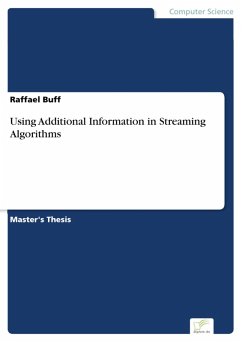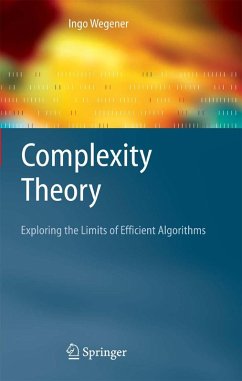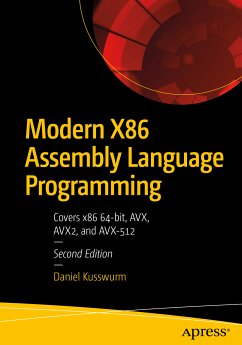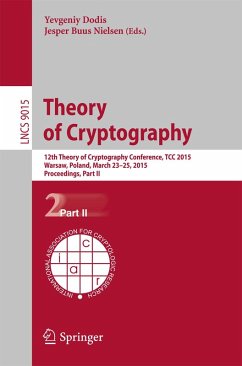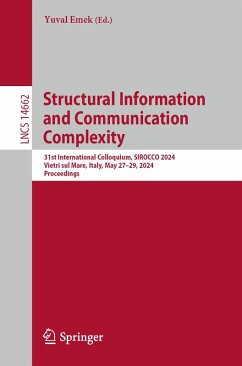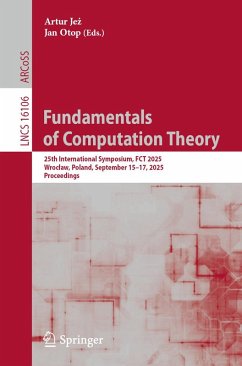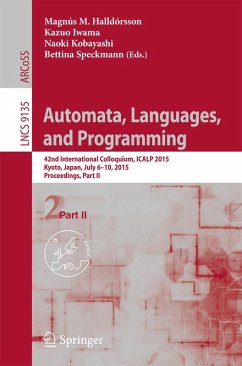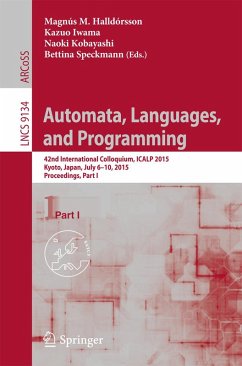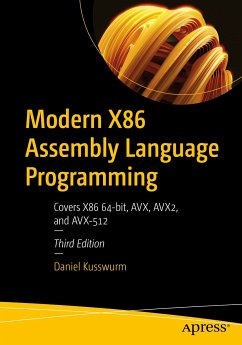
Using Additional Information in Streaming Algorithms (eBook, PDF)
Sofort per Download lieferbar
Statt: 39,99 €**
29,99 €
inkl. MwSt. und vom Verlag festgesetzt.
**Preis der gedruckten Ausgabe (Broschiertes Buch)
Weitere Ausgaben:

PAYBACK Punkte
0 °P sammeln!
Streaming problems are algorithmic problems that are mainly characterized by their massive input streams. Because of these data streams, the algorithms for these problems are forced to be space-efficient, as the input stream length generally exceeds the available storage. The goal of this study is to analyze the impact of additional information (more specifically, a hypothesis of the solution) on the algorithmic space complexities of several streaming problems. To this end, different streaming problems are analyzed and compared. The two problems "most frequent item" and "number of distinct ite...
Streaming problems are algorithmic problems that are mainly characterized by their massive input streams. Because of these data streams, the algorithms for these problems are forced to be space-efficient, as the input stream length generally exceeds the available storage. The goal of this study is to analyze the impact of additional information (more specifically, a hypothesis of the solution) on the algorithmic space complexities of several streaming problems. To this end, different streaming problems are analyzed and compared. The two problems "most frequent item" and "number of distinct items", with many configurations of different result accuracies and probabilities, are deeply studied. Both lower and upper bounds for the space and time complexity for deterministic and probabilistic environments are analyzed with respect to possible improvements due to additional information. The general solution search problem is compared to the decision problem where a solution hypothesis has to be satisfied.
Dieser Download kann aus rechtlichen Gründen nur mit Rechnungsadresse in A, B, BG, CY, CZ, D, DK, EW, E, FIN, F, GR, HR, H, IRL, I, LT, L, LR, M, NL, PL, P, R, S, SLO, SK ausgeliefert werden.




